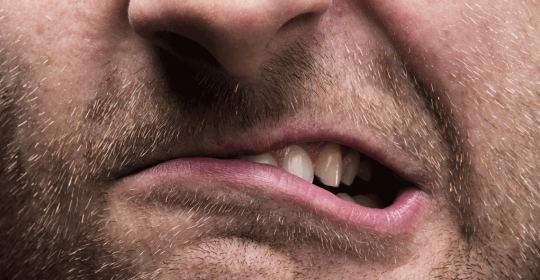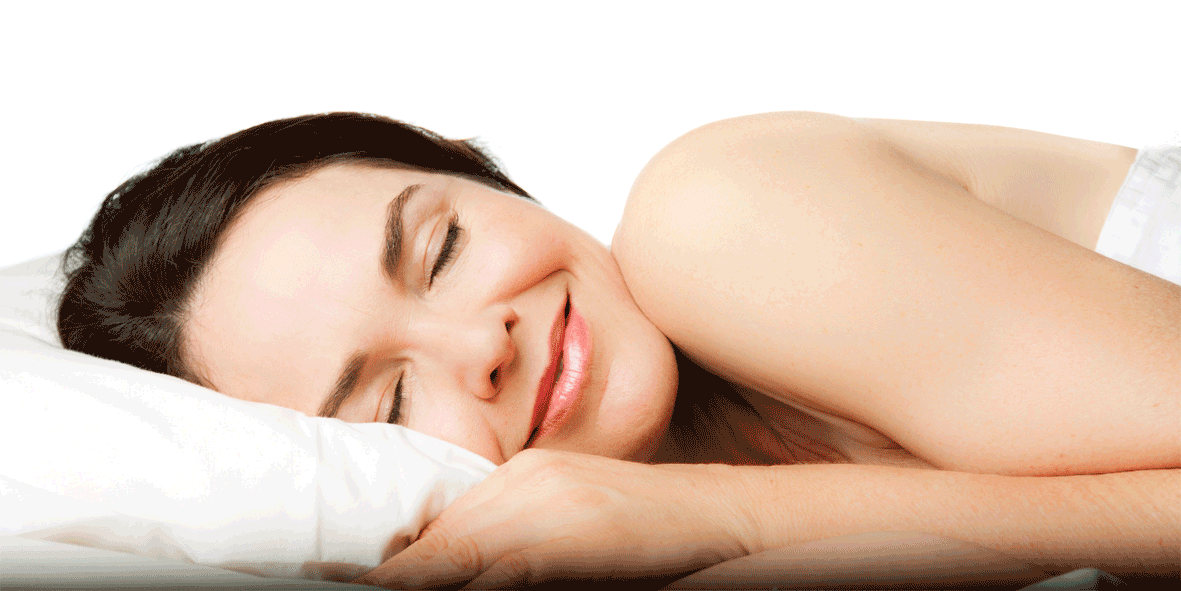
You are grinding your teeth at night? It’s interesting to find out why…
Sleep Bruxism is the medical term for clenching or grinding your teeth during sleep. It is a common sleep disorder. 8% of adults are grinding their teeth at night. Bruxism can cause severe dental damage, facial pain and often leads to disturbed sleep.
But why do you grind your teeth in the night?
Besides physical abnormalities such as abnormal alignment of upper and lower teeth etc. the most common causes are psychological issues. It’s the same emotions that let you grind your teeth during the day as well as in the night. Anxiety, stress, anger, frustration or tension can occur during the day as well as unconsciously during the night in your dreams. The difference is that you can control your teeth grinding during the day, but not at night.
Polysomnography is an objective way to find out how good or bad your sleep really is
If you grind your teeth at night your whole sleep can be affected and you may not sleep restful at all. But how can you objectively measure the quality of your sleep? Polysomnography is a noninvasive, painless sleep study that shows your exact sleep stages during the whole night. Thus you can see if you have enough deep sleep and if the order of sleep stages is correct. Polysomnography is used in all types of sleep disorders. The study records the brain waves, the oxygen level in the blood, heart rate and breathing, as well as eye and leg movements during the study. It monitors the sleep stages and cycles to identify if or when the sleep patterns are disrupted and why. Moreover, the measurements recorded during Polysomnography provide information about unusual behaviors and movements during sleep such as Bruxism. Recent studies showed that Polysomnography is an adequate tool to discover sleep disorders caused by bruxism. It could show that patients with bruxism are not good sleepers based on PSG studies¹. Patients suffering from teeth grinding at night are also more likely to have other sleep disorders, such as snoring and pauses in breathing (sleep apnea).
Treat the cause, not only the symptoms
Your dentist will prescribe you a splint to protect your teeth from further damage. That’s a good thing, but do you stop grinding at night? Is your sleep getting better? No, because the cause is not treated at all. With the help of a psychologist you can find out which individual emotions makes you grind in your dreams. CBT (Cognitive Behavioral Therapy) and relaxation techniques such as PMR (Progressive Muscle Relaxation) are effective treatments to reduce your stress level and enhance your sleep quality.


